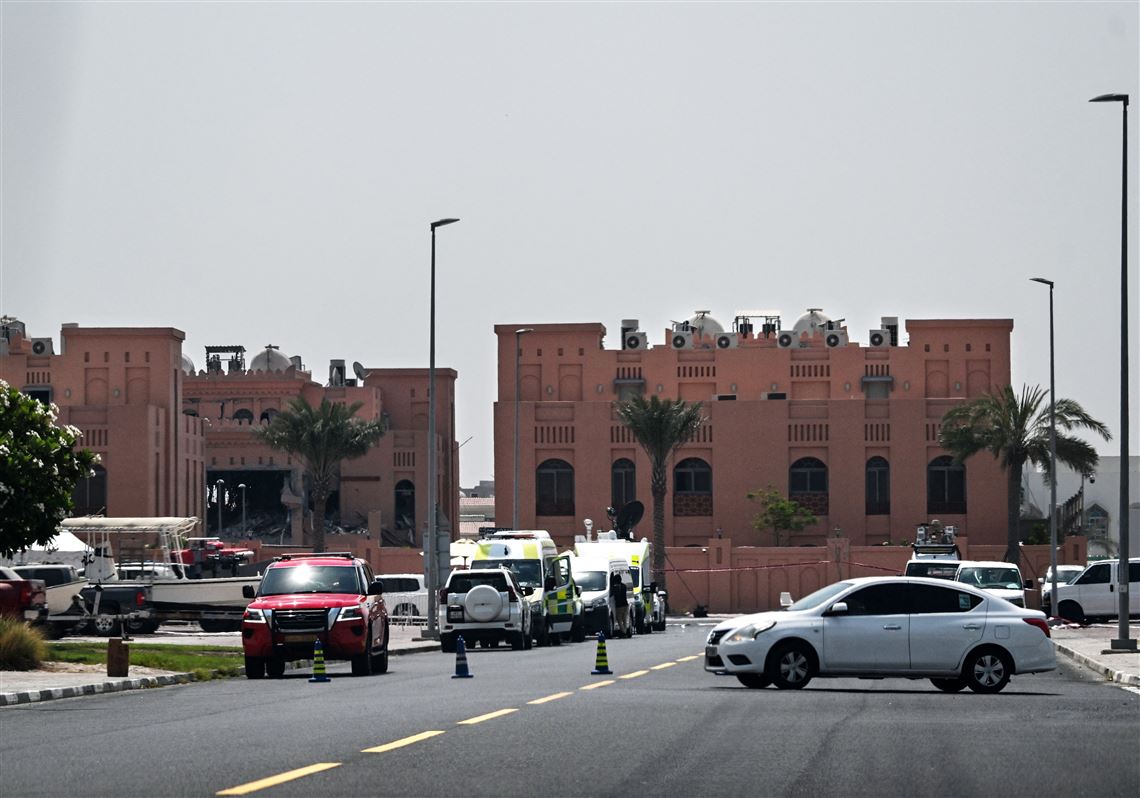Qatar Responds to Netanyahu's Threats After Doha Strike
Qatar has condemned Israeli Prime Minister Benjamin Netanyahu's threats and the recent strike on Doha, warning of regional consequences and calling the attack a violation of international law.

Israeli Prime Minister Benjamin Netanyahu's threats against Qatar and the recent Israeli strike on Doha have sparked a swift and forceful response from Qatari officials, escalating tensions in the region. The incident occurred on September 9, 2025, when Israel targeted residential buildings in Doha, claiming the operation was aimed at Hamas members allegedly involved in ceasefire negotiations. Netanyahu publicly warned Qatar and other nations hosting Hamas leaders to expel them or face further Israeli action.
Qatar's Permanent Representative to the United Nations, Alya Ahmed Saif Al Thani, condemned the strike in a formal letter to the UN Security Council, describing it as a "blatant violation of all international laws and norms." Prime Minister Al Thani labeled the attack as "state terrorism" and called for a collective regional response, indicating that the matter would be addressed at an upcoming Arab-Islamic summit in Doha on September 15. In a televised interview, Al Thani accused Netanyahu of "leading the Middle East to chaos" and asserted that Qatar would respond to the threats and aggression.
International and Regional Reactions
The international community has widely criticized Israel's actions. UN Secretary-General António Guterres condemned the strike as a "flagrant violation" of Qatar's sovereignty, urging all parties to work toward a permanent ceasefire. Several Security Council members, including Algeria, France, Pakistan, and the UK, echoed these sentiments. The United States, which maintains close ties with both Israel and Qatar, distanced itself from the operation, with President Donald Trump stating that the strike did not advance either Israeli or American objectives and clarifying that the US was not involved.
Diplomatic Fallout and Next Steps
The attack and Netanyahu's subsequent threats have intensified diplomatic efforts to address the ongoing conflict. Qatar, a key mediator in ceasefire negotiations between Hamas and Israel, argued that the strike undermined peace talks and demonstrated Israel's bad faith. Regional leaders are expected to discuss a coordinated response at the upcoming summit, with some advocating for stronger measures against Israel. Meanwhile, the UN Security Council is considering a new draft resolution aimed at ending the fighting in Gaza, though divisions remain over the terms, particularly regarding calls for Hamas to disarm.
The situation remains volatile, with Qatar warning that further escalation could destabilize the region. As diplomatic channels remain open, the international community is closely monitoring developments, emphasizing the urgent need for restraint and renewed efforts toward a lasting peace.